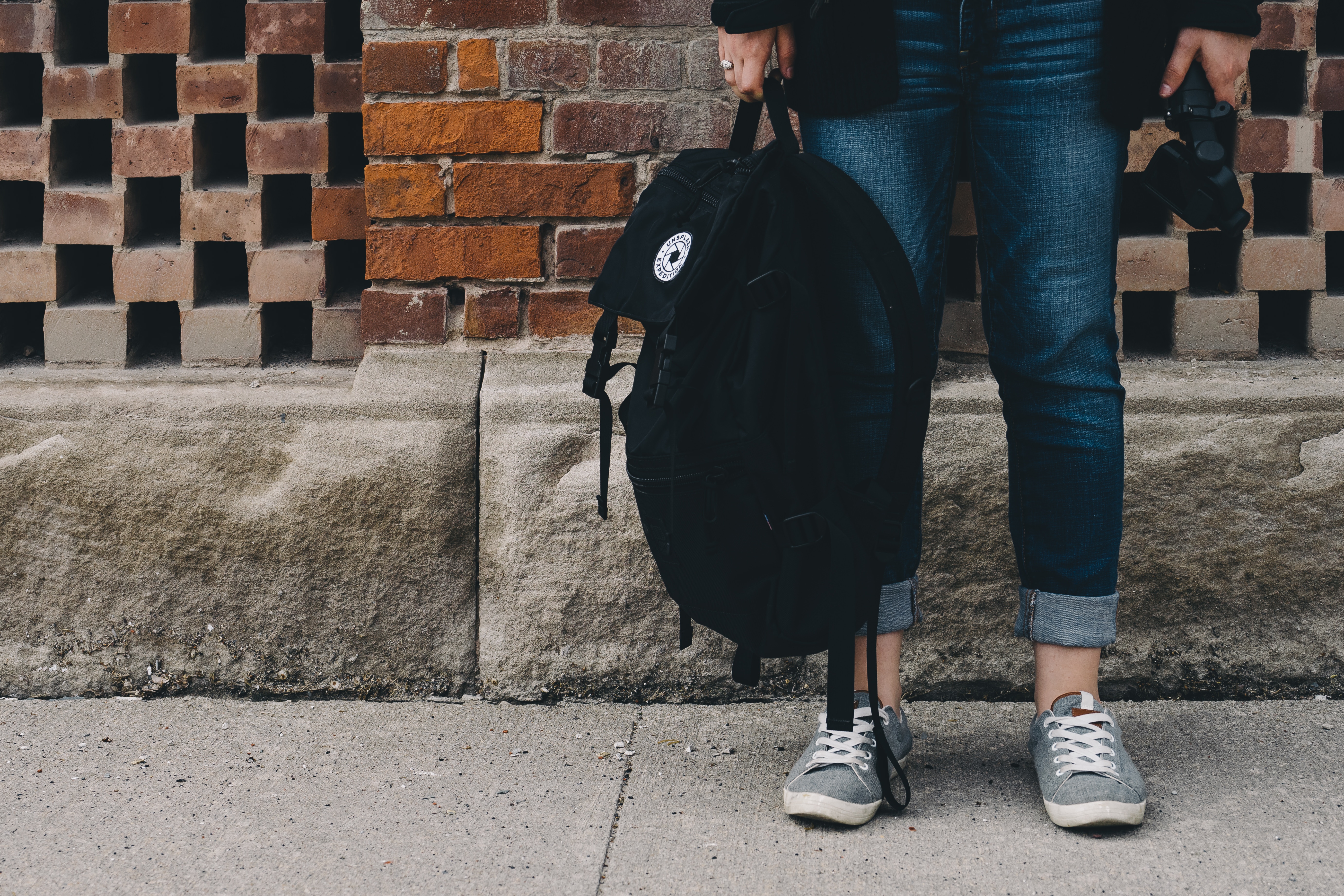Hopefully this holiday season was filled with fun, laughter, downtime, and served as a mini break from the daily routine of running and stress. With the winter holiday coming to an end, many parents and their children have mixed emotions about school starting again. While getting back to a routine is healthy, having enjoyed a week or more of not having a rigid schedule to follow makes it difficult to get back on track. The thought of having to do so often evokes a feeling of panic (especially those with an anxious disposition). So, how do we get our children back on track successfully after a long holiday break? If only this question had a single answer. While it does not, here are some tips to assist children with returning back to school after their winter break with fewer anxiety and tears.
- Manage your own anxiety. Parents are often just as stressed about getting back to work or resuming their own daily routine, so maintaining a positive attitude serves as good modeling.
- Anticipate your child’s anxiety and demonstrate empathy. Understand his/her feelings and remember that any change in routine requires a period of adjustment. For example, when a child expresses not wanting break to end or is reluctant to go back to school, you can use phrases such as, “I know it is hard to get back to school, but it is important to return to our routines” or “We had a great time off and now it is time to get back on track.”
- Return to a regular and consistent bedtime, dinnertime, and homework schedule. While enjoying the holiday, we often get away from normal daily routines. It is important to re-establish these as soon as possible and ideally (although not often done) shortly before winter break ends.
- Adjust screen/electronic time. If your child spent an increased time on screens and use of electronics over winter break, then it is important to discuss with him/her that it was a privilege to do so because school was not in place. Emphasize that that now that school is resuming, the same rules apply that were in place before winter break and that there will be consequences for violating them.
- Talk about the fun stuff. When your child complains about school resuming, try to re-direct the focus on the positives such as seeing friends again, getting back to favorite subjects, engaging in something they enjoyed about their school day, extra-curricular activities, etc.
- Give them something to look forward to. Focus on the next school break that may be coming up (even if it is one day off school or a long weekend).
- Have frequent check-ins. It is advised that during the first week of returning back to school after winter break, parents make an effort to check-in with their children and ask how things are going and inquire if they need assistance. Maintaining or increasing child/parent interaction is equally important during this transition phase.
If only we could freeze the times during our holiday break where we and our children had nothing set to do, nowhere we had to be, and were able to stay up late and sleep in. Our bodies needed those relaxing moments. While all good things come to an end, it is important to reflect upon the fun memories experienced and to say hello to and embrace the current and upcoming experiences/adventures to come. Overall, help children re-direct any negativity expressed about resuming school by channeling their thinking towards current or upcoming things they can look forward to. The power of positive thinking is beneficial in decreasing any felt anxieties and we need to model and foster this tool for our children.
Maria Kanakos, Psy.D.
Licensed Clinical Psychologist

